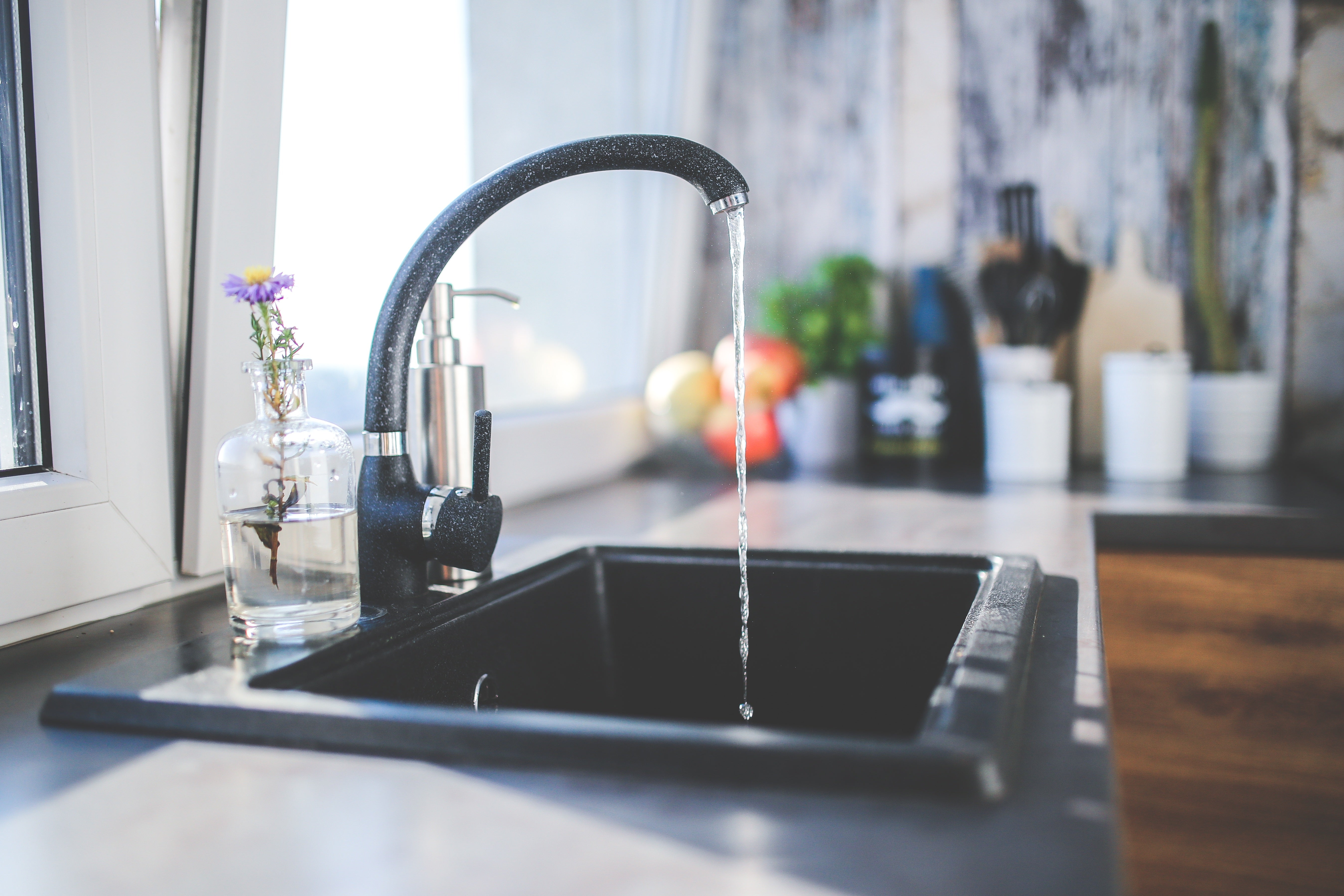Clean drinking water is something most of us don’t think about until it tastes strange, smells off, or starts leaving residue behind. When that happens, you’ll likely end up searching for the best water filter, and one of the first decisions you’ll run into is this: reverse osmosis water filter options or carbon filters?
Both systems are popular in New Zealand homes, but they’re not interchangeable. The right choice depends on where your water’s coming from, what you’re trying to remove, and how you want your system to work over time.
At Water Filters Online NZ, we stock both because the best solution isn’t always the most expensive one. It’s the one that matches your water supply, lifestyle, and long-term needs. This guide breaks it all down.
Carbon Filters: A Simple, Effective First Line of Defence
Carbon filters are the go-to for many Kiwis on town supply and for good reason. They use activated carbon to trap contaminants as water passes through, targeting chlorine, sediment, volatile organic compounds (VOCs), and odours.
In practical terms, they’re a great everyday filter. You’ll notice the taste and smell of your water improve almost immediately, and maintenance is straightforward. Most carbon cartridges are easy to replace, don’t need electricity, and don’t produce any wastewater.
But like any system, carbon filters have limits. They’re not designed to remove fluoride, nitrates, heavy metals, or bacteria. If your water comes from a rainwater tank or bore, or you’re dealing with known contamination, a carbon filter may not be enough.
This is where the carbon vs RO filter NZ debate starts to matter, because while carbon is excellent at polishing already-treated water, it’s not built to deal with everything.
What Makes Reverse Osmosis Different?
A reverse osmosis water filter NZ buyers often consider is a more complex, multi-stage system, but that complexity delivers a different level of purification. RO filters use pressure to push water through a semi-permeable membrane that removes contaminants at a molecular level. We're talking fluoride, nitrates, heavy metals like lead or arsenic, and even some bacteria and viruses.
That makes RO systems particularly valuable for homes with untreated water sources, like rural properties relying on rainwater, or areas with old pipes or questionable town supply.
The downside? They’re slower, waste a small amount of water during the filtration process, and often remove minerals along with the bad stuff. You’ll also need space for a storage tank and may want a remineralisation cartridge if you prefer your water to retain trace elements.
But in the right setting, RO systems provide peace of mind that’s hard to match, especially if your supply has issues that a carbon filter simply can’t touch.
Carbon vs RO Filter in NZ Homes: It’s All About Context
There’s no universal “best” when it comes to water filtration. The better question is: what’s best for your home?
Here’s what to think about:
-
Your water source. If you're on treated town supply and your main concern is taste or chlorine, a carbon filter likely ticks every box. But if your water comes from a bore, tank, or older infrastructure, RO might be the safer choice.
-
Environmental considerations. RO systems do waste some water, typically about 3 litres for every 1 litre filtered. That might not matter for everyone, but it's worth factoring in if sustainability is a priority. Carbon filters, on the other hand, produce no wastewater and have a lighter overall footprint.
-
Ongoing maintenance and cost. RO filters involve multiple stages and parts, which means more things to replace and a higher upfront cost. Carbon systems are usually cheaper, easier to install, and simpler to maintain.
-
Health goals. Some people like the idea of completely pure water. Others want their drinking water to retain natural minerals. RO removes nearly everything, while carbon keeps minerals intact. There's no right or wrong, just personal preference.
In short, the discussion around carbon vs RO filters in NZ isn't about a winner and a loser; it's a decision-making tool. The more you understand your specific water quality and what you need from your system, the better your outcome will be.
RO Filter NZ Benefits: When the Extra Filtration is Worth It
For households using tank water, bore water, or living in areas with recurring contamination concerns, the RO filter NZ benefits become obvious fast.
These systems aren’t just about purity, they’re about consistency. No matter what’s happening upstream (or on your roof), an RO unit can strip out a wide spectrum of potential hazards. For families with babies, immunocompromised members, or just a desire for the cleanest possible drinking water, that’s a big deal.
And while the system is more involved, modern RO units are compact, efficient, and increasingly designed with easy filter-change features. Pairing one with a remineralisation filter means you get purity and palatability, the best of both worlds.
Final Word: Choose What Works for Your Water
When it comes to reverse osmosis vs carbon filters in NZ, the right answer isn’t the one that sounds fancier, it’s the one that solves the actual problem in your home.
-
On clean town supply? A carbon filter may be more than enough.
-
Using rainwater, bore water, or dealing with nitrate concerns? RO could be a smart investment.
-
Unsure what’s in your water? It’s worth testing before you guess.
Need help figuring it out? At Water Filters Online NZ, we offer both carbon and RO systems, along with honest advice to help you match the right filter to your water, not just your wishlist.

